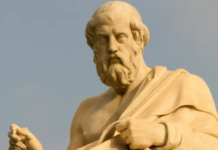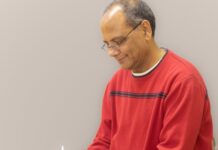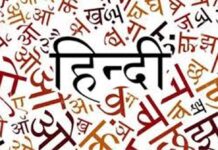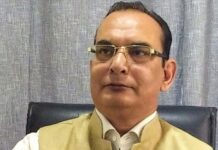Dear Editor,
There is a flaw in Dr. Sudhir Ranjan’s article on Trishanku (published Aug. 28, 2020 and titled: The Indian American: Neither Here, Nor There; Neither Indian and Nor American).
Trishanku wanted to go to heaven in his own body. Sage Viswamitra took it as an experiment. The experiment failed. Trishanku got stuck in mid-sky on his way up.
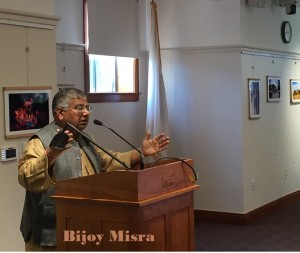 The immigrant experience is different. People did reach their destination but they wish to maintain their original personality. The confusion could be that the rules of traffic at the destination are different than at the origin. But the driver is the same. Immigrants navigate the road through their talents and understanding while maintaining their original personality. Instability may come if the personality was not fully embedded. Unlike plants, the human beings have the traits of adaptability to the climate and the environment while maintaining their character, culture and the personality.
The immigrant experience is different. People did reach their destination but they wish to maintain their original personality. The confusion could be that the rules of traffic at the destination are different than at the origin. But the driver is the same. Immigrants navigate the road through their talents and understanding while maintaining their original personality. Instability may come if the personality was not fully embedded. Unlike plants, the human beings have the traits of adaptability to the climate and the environment while maintaining their character, culture and the personality.
There is a new group of people who are born to the culture at the destination, but are nurtured by a different environment than their parents were. Here comes the question of retention and transmission of culture to the new generation without the support of the larger society that exhibited the culture. The new mothers have become champions of transmitting the fundamentals of the culture in terms of warmth, friendship, security and neighborliness. The children prove that culture lives in the heart, they do notice the difference in their upbringing to the upbringing in the new society. That the culture is a way of life and not related to books or religion is a discovery that the children tacitly acquire through their own intellect.
How the new generation of immigrant children would adapt to the next generation is a good analysis in sociology. Through our work and research, we discover that the cultural values nurtured in the Indian homes have an empirical truth built into it, which has distilled itself in time. Part of it is that life has no boundary and the talents have no limits. It is the potential of humanity that matters. The sense of humanity as a value has no climate or any environment. The duty of the new immigrant is to appreciate this subtle value and live with it to the fullest potential. India has lived through thousands of years and she would live through any condition anywhere as humans choose to live.
–Bijoy Misra
(Mr. Misra, director of India Discovery Center, lives in Lincoln, MA)







